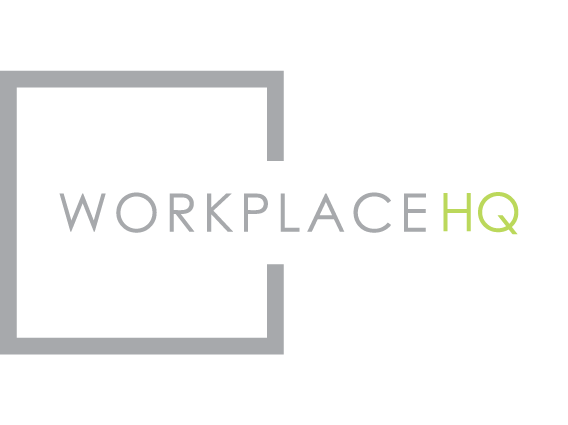Why traditional performance management is broken

More and more the pages of our newspapers are filled with reports of large firms – notably financial institutions – highlighting workplace culture as an essential ingredient to the success of their bottom line.
ANZ CEO Shayne Elliott recently stated, “To succeed in the digital era companies need to focus less on new technologies and more on the importance of leadership and culture” and NAB’s David Gall acknowledged that “our values are … a key part of our performance measures”.
For most managers of SMEs this realisation will seem obvious; in smaller enterprises there is no escaping the intrinsic link between staff engagement, performance, productivity and financial outcomes. But recognising this has not necessarily translated into effective performance management practices.
There is substantial research and data from organisations of all sizes that highlight convincingly that the traditional method of performance management does not work. For example, in a public survey conducted by Deloitte, more than half the executives questioned (58%) believed that their current performance management approach drove neither employee engagement nor high performance.
Why doesn’t it work?
In short, unless an organisation’s leaders (aka line managers) are able to lead, and are provided with an appropriate system to manage performance in a meaningful way every day – as opposed to a formal review once or twice a year – employees can’t be expected to be innovative, creative or enthusiastic about what they do every day.
Currently, organisations that have some method of managing performance typically do something like this:
- Set KPIs at the start of the year with ‘clear’ goals and objectives. This is usually done with some degree of consultation;
- Conduct a review of said KPIs (quarterly, biannually or ad-hoc), designed to keep things ‘on track’ with end-of-year results in sight; and
- Undertake the dreaded Annual Performance Appraisal, where employees generally self-appraise (because it’s a two-way process right?) and hope their manager provides a good ‘ranking’ that is invariably linked to a pay increase and opportunities for promotion.
While good in theory, the reality of human nature means that just like all relationships, workplace relationships can be perfectly functional, terribly dysfunctional or just plain ambivalent. Because people are not machines we cannot service them twice a year and expect superior performance; they are humans that need meaningful conversations, feedback, encouragement, clarity, attention, trust and information – regularly.
A better model
The three pillars that should drive performance, or even better, a culture of continuous improvement in all organisations are:
- A transparent Organisational Structure that sets out lines of authority;
- Clear Positon Descriptions which explicitly link job requirements to organisational values;
- Meaningful Organisational Values which guide behaviour and which will not be compromised.
A focus on these three pillars in everyday interactions will create a culture where meaningful discussions can take place. Leaders, with clarity, can reinforce the positive performance they see daily and provide feedback and correction, when needed, to improve performance based on organisational values.
Providing regular and meaningful feedback (both positive and corrective) will have the effect of creating a keystone habit which by its very nature will influence more positive outcomes such as greater trust, openness, communication, workplace safety, improved performance and reduced absenteeism.
Where’s the proof?
This is exactly what high performance teams do every day: fighter pilots, highly successful sporting teams, exceptional organisations, to name a few.
All of these high performance teams use simple systems to record the performance of their teams so they can monitor, review, discuss and improve upon their performance – every day. These systems work because they are used often and they go to the heart of what we as humans desire, a sense of belonging and a connection to a set of values that are clear and have meaning to us.
As authors Barry, Garr and Liakapoulos concluded in their study of performance management, “Today’s workers expect to be held accountable for results—but they also expect coaching, development, and regular feedback. Look carefully at the performance management process to see if it truly drives performance today or is merely an artifact of the past. In many cases, a shift from ‘evaluation’ to ‘development and performance improvement’ will drive appreciable results.”
For more information on how Skildare can improve your performance management system, contact Diane Loong at [email protected].
Additional resources
Reinventing Performance Management, Marcus Buckingham and Ashley Goodall
3 ways to become a place where people want to work, Ron Carucci, 30 March 2016
The value of ongoing performance management, Melany Gallant, 8 May 2015

